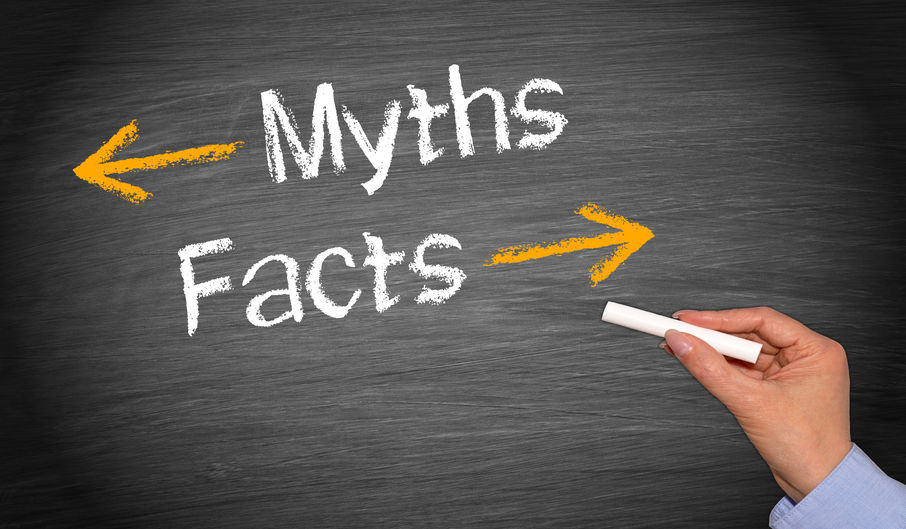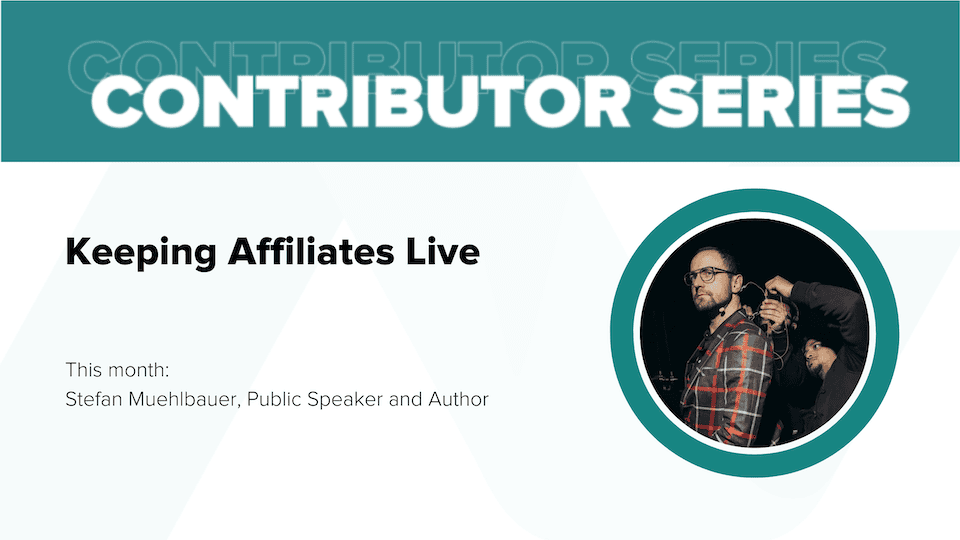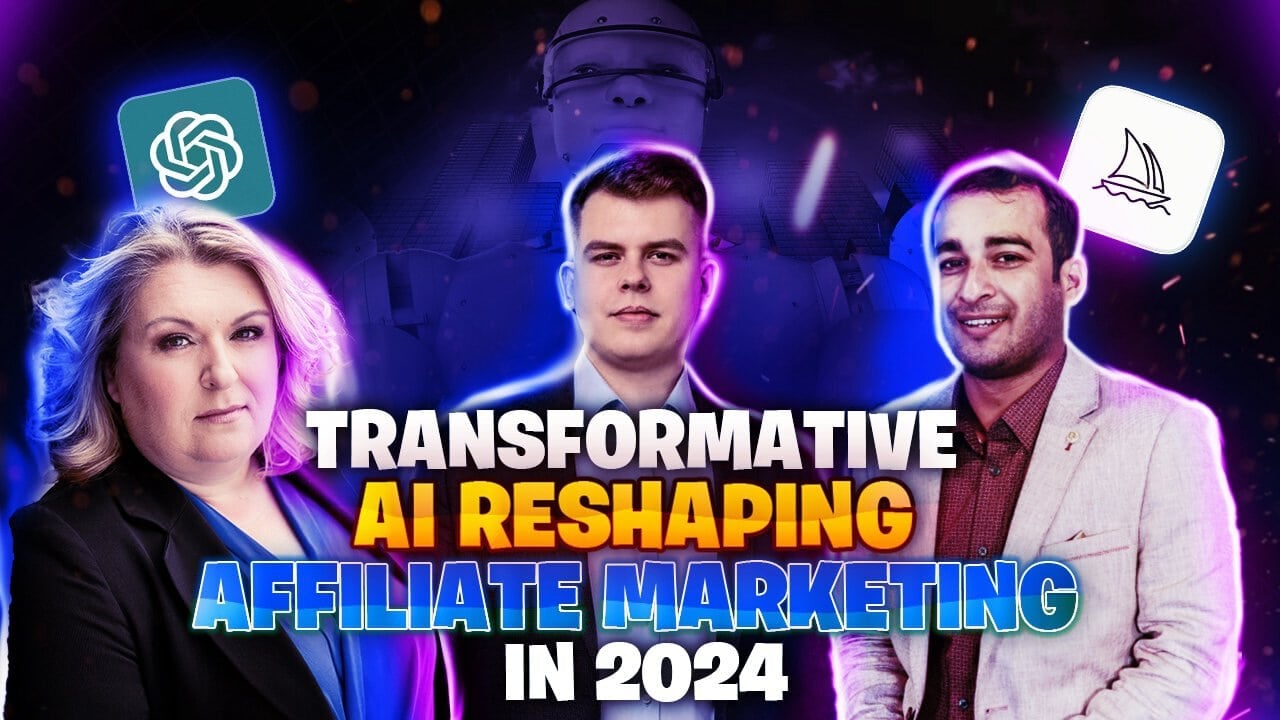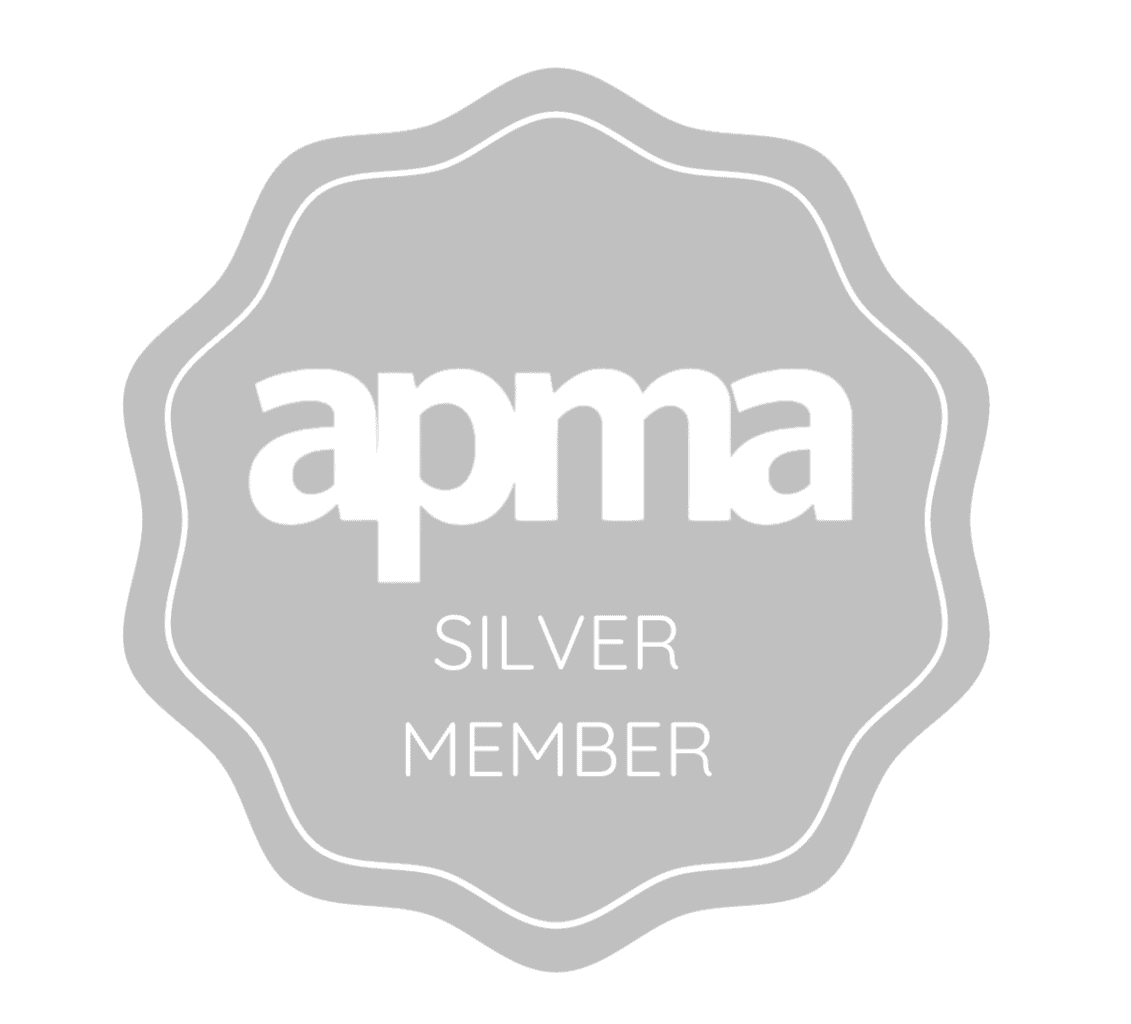‘Debunking myths: links and why they are mostly snake oil. And other classic SEO myths.’
Nick Garner is founder of Oshi.io casino, a successful Curacao-licensed Crypto/Fiat money operator. He previously worked as search manager for Betfair, then head of search marketing for Unibet.
In 2012, Nick founded the igaming digital marketing agency 90 digital, which he then sold. Semi-retired and looking for new adventures, Nick founded Oshi casino. Nick advises several of his Oshi.io affiliate partners on ranking strategies and tactics.
Last time we talked about mindset and how you can win if you start satisfying Google’s users.And today I want to talk about SEO myths, why they persist and which are the worst offenders.
Links and snake oil
As you may know I own RIZE digital, the iGaming marketing services agency. And through my network, My team andI constantly get affiliates and sometimes other operators asking me about links.
The usual story is something to do with ‘I’ve got a website, I want you to rank me and I want links, because they work’.
And I ask: ‘why do you think links work?’ and the typical reply, whether it’s from somebody who is totally fresh to SEO or a lazy thinker has been around for years, is something along the lines of; ‘we bought loads of links in the past and the sites ranked’.
To which I say, ‘great! Well done… When did this happen? And do you know which links worked?’
Generally the answer is ‘we did this six years ago and the best links were the highest domain authority links…’
If I care about the person I’m talking to, I’ll press them a little bit and I’ll often ask: ‘show me the correlations’ and ‘does correlation mean causation?’. Then people usually switch off… 🙁
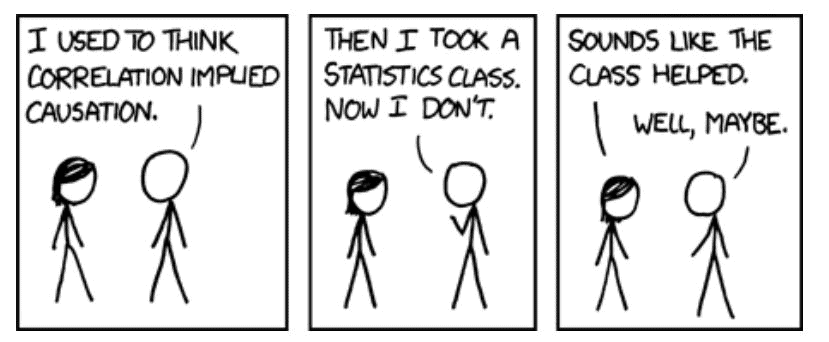
Example of correlation and causation: Did you know that increased sales of ice cream causes the murder rate to go up? It’s true. Why? Because the correlations are there.
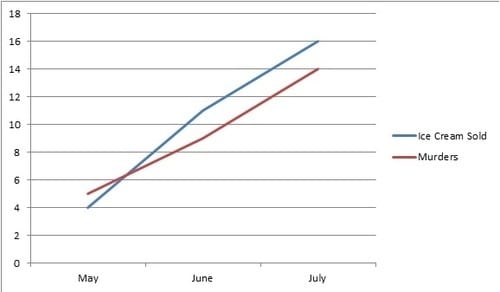
Moz did a couple of very interesting articles talking about the correlation between links and rankings. And there is a correlation, but that doesn’t necessarily mean that links drive rankings.
Conclusion from the Stone Temple links as a ranking factor report:
“we don’t find that links can rescue poor quality content”
My main point: Links can work, but they’ve got to be used at the right time and in the right quantities and if you have a lame website, your burning your money.
The reality of ranking today is more complex and nuanced the never before because the underlying technology behind rankings is now driven by machine learning which by definition is exponentially more complex than any algorithm a human could ever build.
The catch with nuanced thinking is that you have to think about it! And trawling through loads of data, coming up with meaningful hypotheses that aren’t distorted by your own personal biases It is very difficult.
The horrible truth: 99% of links don’t work. And even if you spend huge amounts of money on the ‘right links’, you still have to have a satisfying experience for Google users.
In a later article I’ll go into links, which ones seem to work best, when to use them, risks associated with black hat link acquisition and the kind of costs and results you should expect.
Living in denial
Over the years both in my previous marketing agency 90 digital and RIZE, I can’t count the number of times I’ve come across clients who obsess over links and have really unsatisfying websites.
I talk to them about (all the stuff I’ve just talked about) , but very often they still come back to me and say; ‘Well, Nick have you got links?’. And when I realise I either lose them or make money from them.
I’ll take the money and I’ll issue a disclaimer saying I don’t think links are going to help you here, but if you really want them…here are the links you want based on the metrics you require. Enjoy!
And the weird thing, clients love me for giving them the links they want, even though their arguments are nonsense most of the time.
The sad part, it doesn’t have to be like this. When you look at winning sites, they satisfy Google users in the context of the search queries are coming in on. These winning sites have a decoupling of link base and rankings. You see it all the time.
Okay then, other SEO myths!
Classic ones include:
- SEO is all about keyword density
- Images and videos don’t help your SEO
- Content is all you need
- Site speed isn’t that important
- Links are dead
- Keyword density matters
- Meta tags are important/meta tags are irrelevant
- And so on
What do all these myths have in common? In my view these myths are based on thinking that evolved 15 years ago when Google was easily gamed.
My rule of thumb: When I look at a hypothesis, I ask myself….Does the logic behind this [myth]:
- Help Google make sense of a website’s content?
- Tie in with improved user satisfaction?
- Help Google understand the importance of a website?
For example
- SEO is all about keyword density | Nick: Google’s algorithms that understand the meaning of content, so content focus, rather than density is what matters.
- Images and videos don’t help your SEO |Nick: images and videos can help with user satisfaction, which Google rewards with higher rankings
- Content is all you need | Nick: amazingcontent on a website Google can’t index or one that has zero links and has had no user engagement will not rank.
- Site speed isn’t that important | Nick: does a slow site satisfy users? Probably not.
- Links are dead | Nick: we’ve talked about that
- Keyword density matters | Nick: if content is unsatisfying then Google doesn’t want you ranking / machine learning and understanding content
- Meta tags are important/meta tags are irrelevant | Nick: title tags summarise your page, just like a headline. A strong headline that’s relevant will get more click through, which means Google rewards you with higher rankings.
- And so on
Finally
SEO myths persist because people want to stick to their beliefs which are based on a mix of emotion and logic. If people aren’t good critical thinkers, they end up believing some really crazy stuff.
So, to avoid the worst pitfalls of SEO myths, go and read Moz, searchMetrics ranking reports and do your homework, looking for the consistent correlations between recognised experts in the field.
Next time we will talk about that old chestnut: links. I’ll go into some more depth, reference some very good research work, the optimal timings using links and all that stuff which will hopefully give you a better idea on what to do next with link acquisition.


